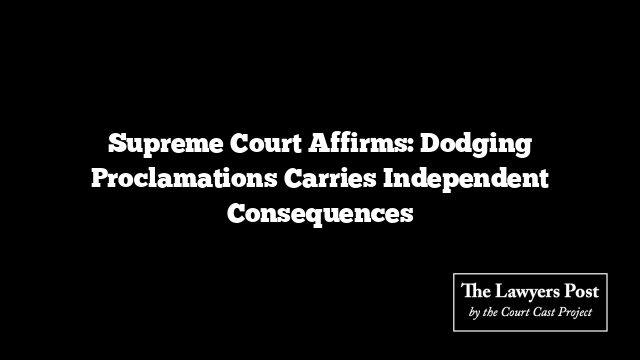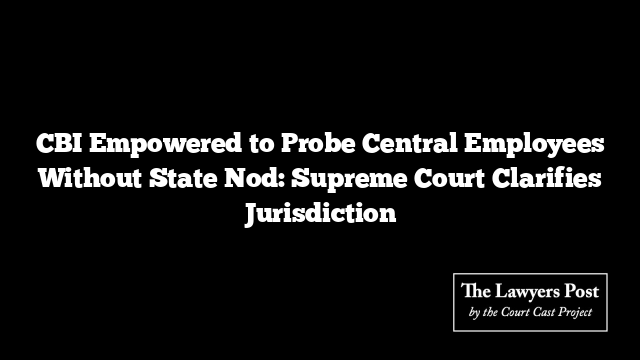In a decisive ruling, the Supreme Court clarified that individuals who fail to respond to a proclamation under Section 82 of the Criminal Procedure Code (CrPC) can still face prosecution under Section 174A of the Indian Penal Code (IPC), even if the proclamation itself becomes void due to later developments.
A bench comprising Justices CT Ravikumar and Sanjay Karol issued this judgment while hearing an appeal arising from a cheque dishonor case. The Punjab & Haryana High Court had previously declined to nullify both the proclamation issued under Section 82 CrPC and the corresponding offence under Section 174A IPC, despite the accused already being acquitted of the primary charges.
The court underscored that Section 174A, introduced through a 2005 amendment, creates an independent offence with significant consequences. This section penalizes non-compliance with court-mandated proclamations, prescribing punishments ranging from fines to imprisonment, depending on the proclamation’s specifics.
In its reasoning, the court observed that even if the proclamation is rendered ineffective due to case quashing or acquittal, the act of defiance while the proclamation was valid constitutes a standalone offence under Section 174A IPC. Justice Karol, writing the judgment, emphasized that this provision operates independently and is not contingent upon the validity of the proclamation under Section 82 CrPC at a later stage.
The court, however, noted that the appellant in this case had already resolved the underlying financial dispute through a compromise and was out on bail for the Section 174A IPC charge. Considering these facts, the Supreme Court quashed all criminal proceedings, including the FIR under Section 174A IPC, citing the resolution of the original dispute and the protracted timeline of the case dating back to 2010.
This landmark decision highlights the judiciary’s focus on enforcing accountability for court orders while balancing the principle of fairness when disputes are amicably resolved.





